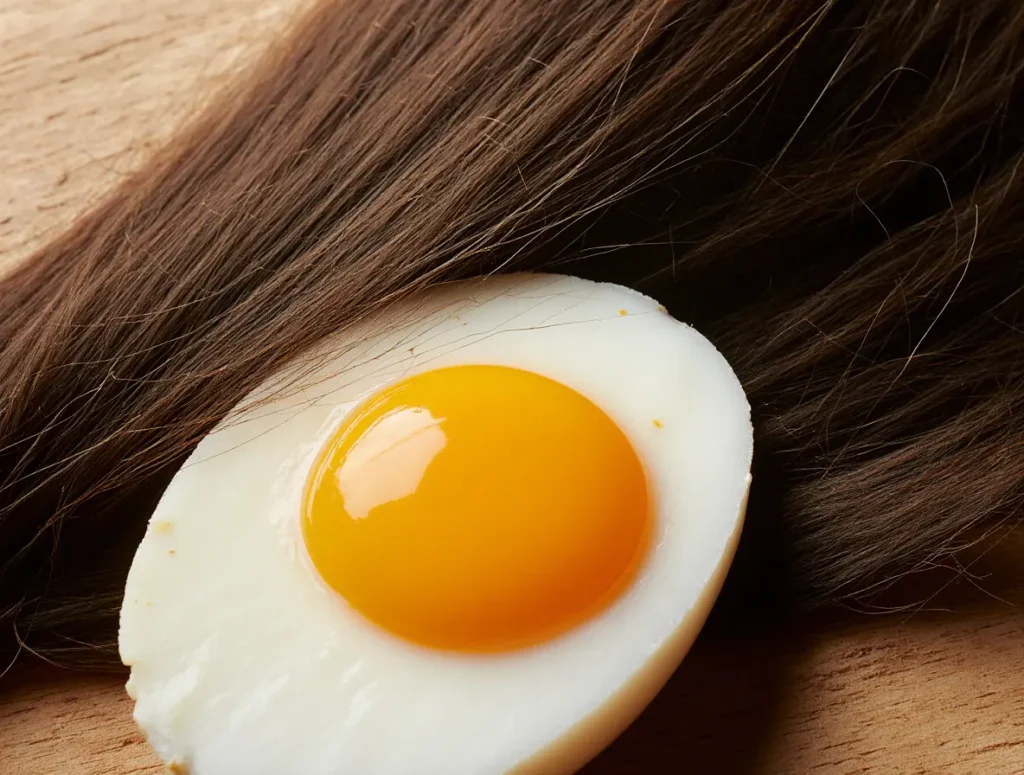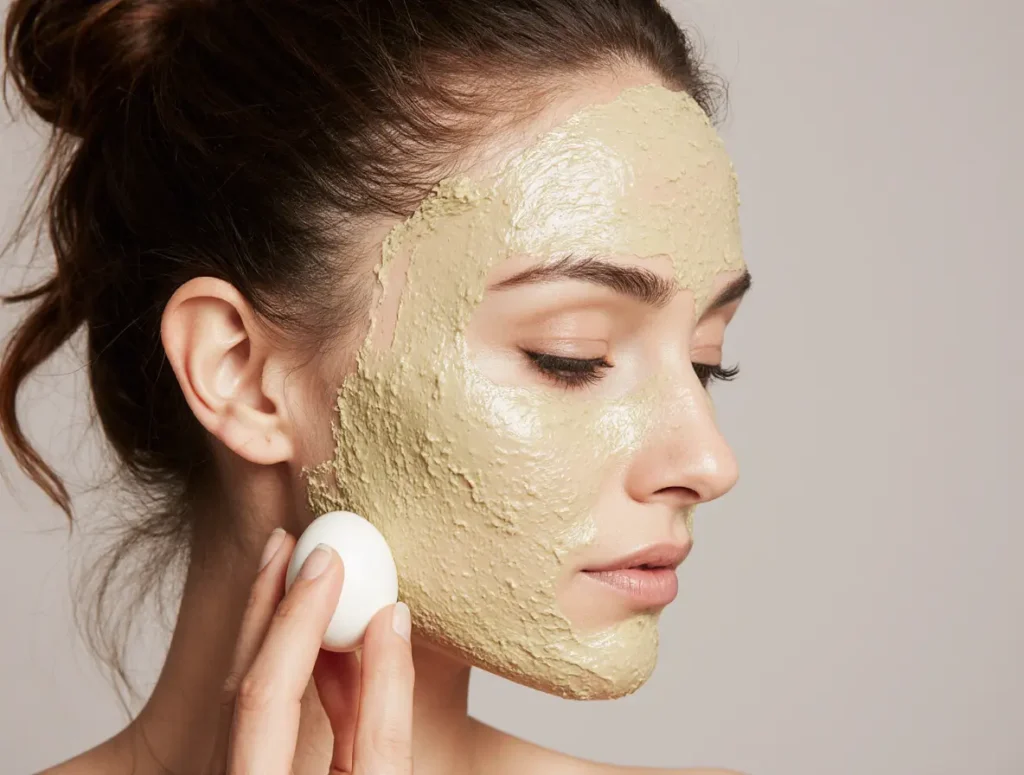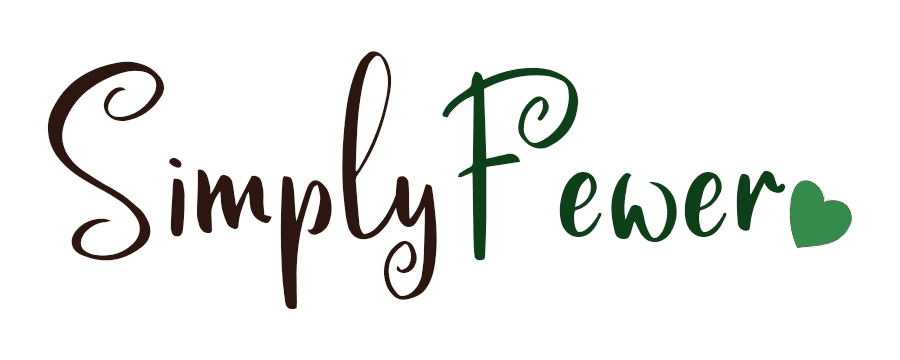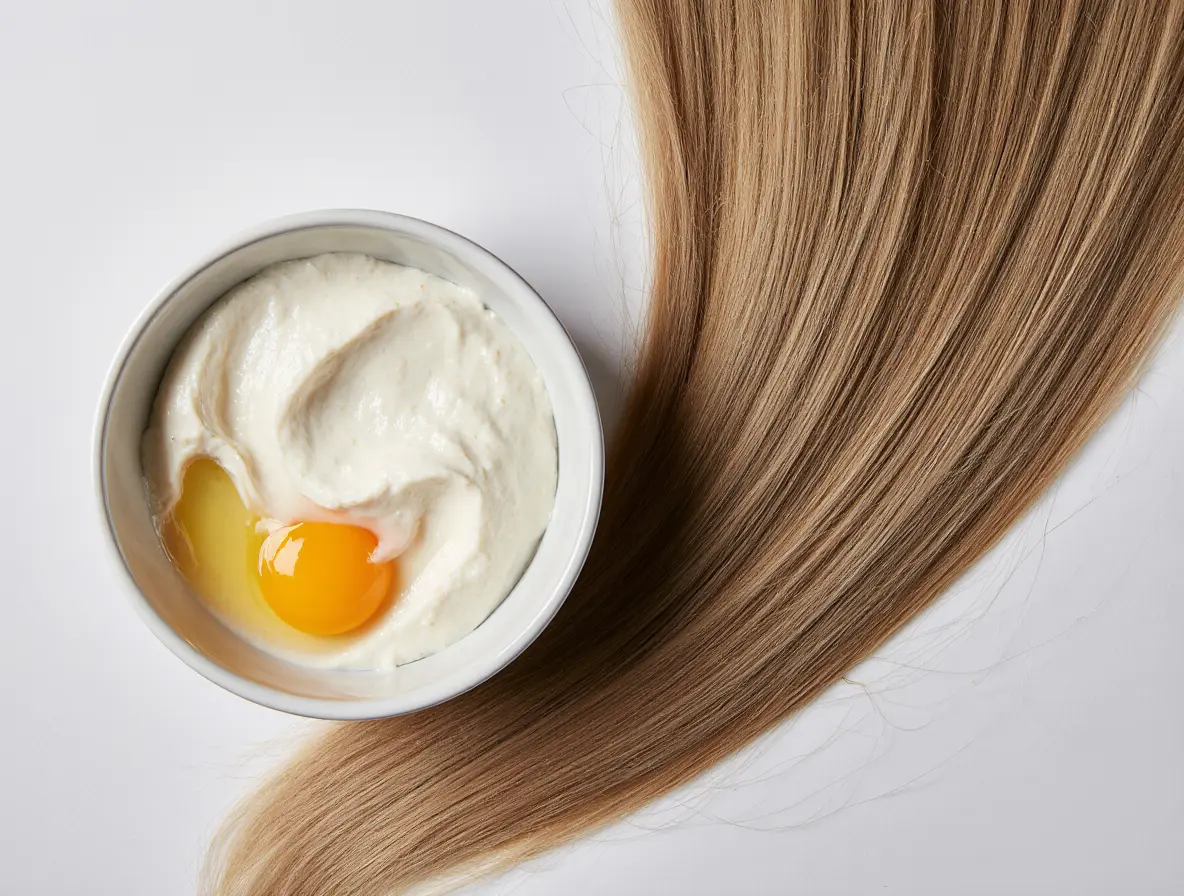Why Eggs Are a Haircare Hero
Let’s be honest—who hasn’t cracked an egg over the weekend and wondered, “Could this help my hair too?” Egg is good not just for your breakfast plate but has been part of kitchen beauty rituals for centuries, praised for their rich nutrients and natural proteins. But when it comes to hair growth, the debate still sizzles: which part of egg is really good for your hair—white, yolk, or both?
Today, we’re going to scramble this question (pun intended) and break it down so it’s crystal clear. Think of your hair as a thirsty plant and eggs as the ultimate fertilizer, packed with everything nature designed for nourishment and shine.
Table of Contents
Egg Yolk: Nature’s Golden Elixir for Hair
Ever wondered why the yolk is so rich and golden? It’s because it’s bursting with nutrients that hair loves. The egg yolk is especially rich in biotin, folate, and vitamins A and D—all of which strengthen hair and help it grow thicker and faster.
Imagine your hair strands as tiny threads that need coating and moisture to stay smooth and strong. That’s where the yolk shines: it acts like a natural conditioner, sealing in moisture and adding softness. Experts even compare it to a nourishing hair mask that you don’t need to buy from an expensive salon.
A famous anecdote comes from ancient China, where women applied egg yolk to keep their hair long and glossy. Even today, people swear by it—biotin supplements may be trendy, but egg yolks are their natural source!
Egg Whites: The Protein Powerhouse
If the yolk is the conditioner, think of the egg white as your hair’s personal trainer. Egg whites are packed with proteins like albumin, which help repair damaged strands, boost volume, and reduce breakage.
Here’s a metaphor to picture it: imagine building a sandcastle. Without enough wet sand (protein), the walls crumble. Your hair’s structure works the same way; protein keeps it firm and resilient.
The egg white also helps control excess oil, making it especially helpful if your scalp tends to be greasy. But here’s a tip: using only egg whites can sometimes dry out hair, so it’s best to combine them with yolks or moisturizing oils.
Combining Egg Whites and Yolks: The Ultimate Hair Mask
What’s better than choosing between whites and yolks? Using both! Together, they form a complete treatment: protein from whites strengthens, and fats and vitamins from yolks nourish and moisturize.

Many DIY hair mask recipes recommend mixing one whole egg with olive oil or honey. This way, you give your hair the complete package—kind of like eating both the salad and the dressing!
Real-life case study? Sarah, a beauty blogger with brittle hair after coloring, began weekly whole-egg masks. In three months, she reported fewer split ends and smoother, shinier hair—proof that sometimes the simple, natural remedies really do work.
The Science: Why Egg Is Good for Hair Growth
You might wonder, “Is this just an old wives’ tale?” Science actually backs it up. Hair is made mostly of keratin, a type of protein—and eggs deliver the essential amino acids needed to build it.
Plus, the vitamins and minerals found in eggs improve scalp health, stimulating hair follicles. Vitamin A helps produce sebum (natural scalp oil), vitamin D may help create new hair follicles, and biotin strengthens hair structure.
It’s like feeding your garden: a healthier scalp means healthier, faster-growing hair.
How to Use Egg for Hair: Practical Tips and Tricks
Using eggs in haircare is simple, but a few practical tips make it even better:
- Frequency: Once a week is usually enough to avoid protein overload.
- Temperature: Always rinse with cool water—hot water can cook the egg, leading to a scrambled mess in your hair.
- Mix-ins: Add natural oils like olive or coconut for extra moisture, or honey for shine.
You might laugh, but someone once said applying egg mask felt like making breakfast on your head—but the results made it worth it!
Common Myths and Misconceptions
Egg masks aren’t magic overnight fixes. Some believe eggs can instantly double your hair length—but realistically, they strengthen and protect your hair, reducing breakage so it grows healthier over time.
Another myth? That egg whites alone work better. As we’ve seen, combining yolks and whites gives a balanced treatment.
Lastly, some think eggs make hair greasy. In reality, rinsing properly and avoiding too much oil keeps hair fresh.
Expert Opinions and Anecdotes
Dermatologists often recommend egg treatments for damaged hair because they’re natural and affordable. Dr. Elaine Green, a hair care specialist, says, “Egg masks won’t regrow lost hair but can strengthen and protect existing strands, leading to fuller appearance over time.”
Many hairstylists also suggest alternating egg masks with moisturizing masks for best results.
Real users? Thousands on beauty forums share stories of thicker, softer hair after a few months of regular egg masks—proving it’s not just hype.
The Best DIY Egg Hair Mask Recipes
Want to try it yourself? Here’s a simple but powerful recipe:

- 1 whole egg
- 1 tablespoon olive oil
- 1 tablespoon honey
Beat until smooth, apply to damp hair, cover with a shower cap for 20 minutes, then rinse with cool water.
Feeling creative? Try adding yogurt for extra protein, or aloe vera for soothing the scalp.
Experiment to see what your hair loves most—everyone’s hair is unique, and part of the fun is discovering your perfect blend.
Conclusion: Cracking the Code—Which Part of Egg is Best?
So, which part of egg is good for hair growth? The answer is both!
Egg yolks nourish and moisturize, egg whites strengthen and add volume—and together, they help your hair look healthier, shinier, and possibly even grow faster.
Think of it as teamwork in your haircare routine: like two instruments playing in harmony, yolk and white bring balance.
Natural, affordable, and time-tested—eggs prove that sometimes the best beauty secrets are hiding right in your kitchen.
FAQs
Q1: How often should I apply egg to my hair?
For most hair types, once a week is enough to see benefits without overloading on protein.
Q2: Can egg masks help with hair loss?
They help strengthen hair and reduce breakage, which makes hair look fuller—but they can’t regrow hair on bald patches.
Q3: Is it okay to leave egg in hair overnight?
Not recommended; egg can dry out and become hard to wash out. 20–30 minutes is ideal.
Q4: Does the smell of egg stay in hair?
Rinsing with cool water and adding a splash of lemon juice or apple cider vinegar helps remove the smell.
Q5: Can people with oily hair use egg masks?
Yes! Egg whites help control excess oil. Just skip adding extra oils to the mask.

